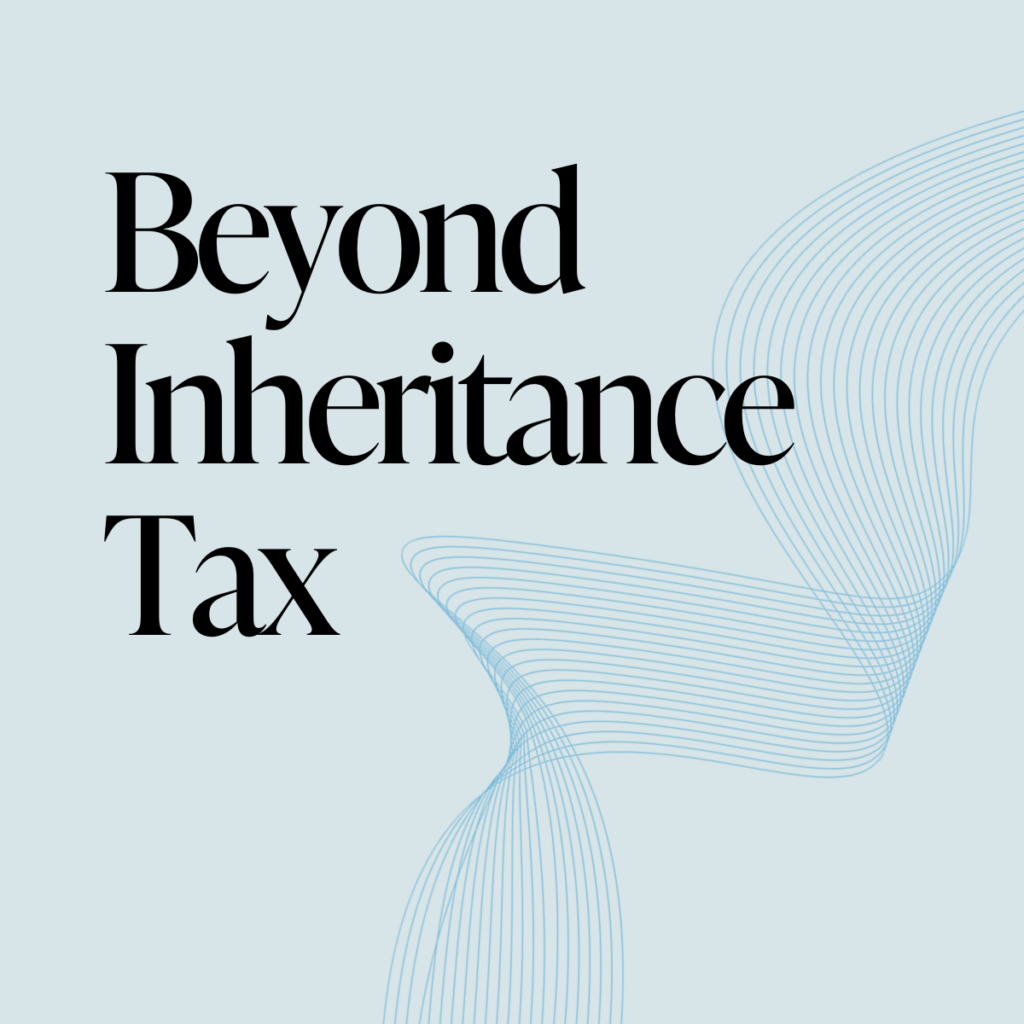Equity funding is a type of business finance for SMEs looking to scale-up. While it presents a valuable opportunity for businesses with ambitious growth plans, the process of securing equity investment can be a complex journey for many entrepreneurs.
In this piece, we guide you through what equity financing is, its advantages and disadvantages, how it differs from debt financing, and some of the most common types of equity investor in the market. We’ll also take a closer look at what to consider when preparing your business for equity investment.
What is equity investment?
Equity investment refers to the process of buying shares in a business. In exchange for providing capital, the investor receives an equity stake in the company, which may entitle them to a share of its future profits, alongside potential capital gains (if the value of the equity increases) or proceeds from an exit event.
Debt vs equity financing
How does equity financing differ from debt financing? Debt financing involves a business borrowing money from lenders, and paying it back over time, with interest. As with equity investment, debt financing (such as a bank loan) can be used to raise additional funding to support business growth. But unlike equity financing, no shares are sold in the process — instead, these business loans come with repayment obligations. Some institutional investors may invest in a business through a mix of equity and debt funding.
How does equity funding work for businesses?
Many entrepreneurs choose to raise external capital for their business, to help support their growth plans. One way to do this is by equity fundraising — selling shares, either to existing shareholders or to a new equity investor. This may also be referred to as an equity sale.
Businesses may look to institutional investors for equity funding, such as venture capital firms or private equity funds, or to retail investors, like friends and family, angel investors or the wider public (via an equity crowdfunding platform). Another way for companies to secure equity financing is to list on a stock exchange, with an initial public offering (IPO).
Equity fundraising can be a powerful tool to accelerate business growth, by providing the investment required to expand operations, innovate and compete effectively. For that reason, high-growth companies will often raise several rounds of equity investment — before exiting the private market via an IPO, completing a buyout, or selling the business through a trade or private equity sale.
Why choose equity financing?
There are a number of pros and cons to raising equity funding that founders should be aware of. Although not an exhaustive list, below are some of the key points to consider, when deciding whether equity investment is right for your business.
Advantages of equity funding
- Access to capital: equity fundraising is likely to bring in a significant amount of money to your business, which can be used for various purposes, including accelerating your growth plans or unlocking new opportunities.
- Access to expertise: alongside funding, larger equity investors may also be able to provide valuable guidance, access to their networks, and additional resources, to help scale your business.
- Increased valuation: by securing equity funding, your company’s growth potential and valuation may rise, making it more attractive to potential investors or buyers down the line.
Disadvantages of equity funding
- Loss of ownership: by selling a stake in your company, you will be bringing in another shareholder and stakeholder, and any exit proceeds would be shared with investors.
- Loss of control: depending on the terms of the deal, you may also lose some of your decision-making power, if the new shareholder is granted voting rights, consent rights or obtains a majority stake in the business.
- Increased due diligence: equity investors will want to understand the nature of your business, including your track record and corporate structure, before committing to invest. This process can be time-consuming and will require you to disclose detailed information, with some companies opting to use advisers to assist them.
- Increased structure: introducing new shareholders may require you to set up new processes, such as more frequent reporting on your financial performance or more regular board meetings. Many businesses, however, find this to be beneficial to them over the long run, and ahead of a future sale.
What are the most common types of equity investor?
Here’s a list of some of the most common types of equity finance for businesses:
Angel investment
Angel investors, often referred to as business angels, are individual investors — and often former entrepreneurs themselves. Angels will invest their own money, typically into smaller businesses with high growth potential, in exchange for a small minority stake (due to the relative cheque size of their investments, compared to institutional investors).
Venture capital
Like angel investors, venture capital funds will typically invest in earlier-stage businesses. Many venture capitalists (VCs) have large amounts of investment to deploy, however, and will be looking for a larger stake in the business in return. VCs tend to back companies with rapid growth potential, in order to generate higher returns on their investment, in a relatively short time period.
Private equity
Private equity firms tend to have significant capital to deploy, usually to more mature or established businesses that are already profitable, but have the potential to grow further. By providing both funding and expertise, private equity investors will look to create value in the business, before selling their equity stake for a profit.
Growth capital
Sitting between venture capital and private equity is growth capital. Typically targeting more established businesses than VCs, but looking to take a smaller equity stake than most PE firms, growth capital investors focus on helping companies unlock or accelerate their growth plans. Many growth capital investors will also take a more patient approach to investing, prioritising sustainable growth, alongside financial returns.
Equity crowdfunding
Equity crowdfunding is a means of raising money from the wider public (or the crowd). A company can list itself on a crowdfunding platform, enabling individuals to buy shares in the business. Equity crowdfunding is most common amongst small businesses, who may not be ready yet to attract capital from an established investment fund. It also lends itself well to consumer businesses, where the public tends to have greater interest in investing (particularly if they’re already loyal customers themselves).
How can startups and scaleups attract equity investment?
If you’re a growing business in the private sector, you may already be exploring different financing options, to support your expansion plans. Regardless of the type of equity funding you’re looking to raise, you should think about how best to prepare your business for investment. In reality, few companies are investor-ready from the outset.
These are some of the key steps to consider before seeking equity investment:
- Identify the right investor for your business, taking into account sector expertise, alignment of values, average cheque size and length of investment, among other factors.
- Develop a robust business plan, that lays out your vision and growth strategy, and is supported by key metrics, such as market data or financial projections.
- Consider how you would build out your management team, if needed, so that you have the leadership and technical skills to deliver on your growth plans.
- Prepare your financial statements — and consider bringing on professional advisers — to ensure the due diligence process goes smoothly.






